Category: Featured in the Media
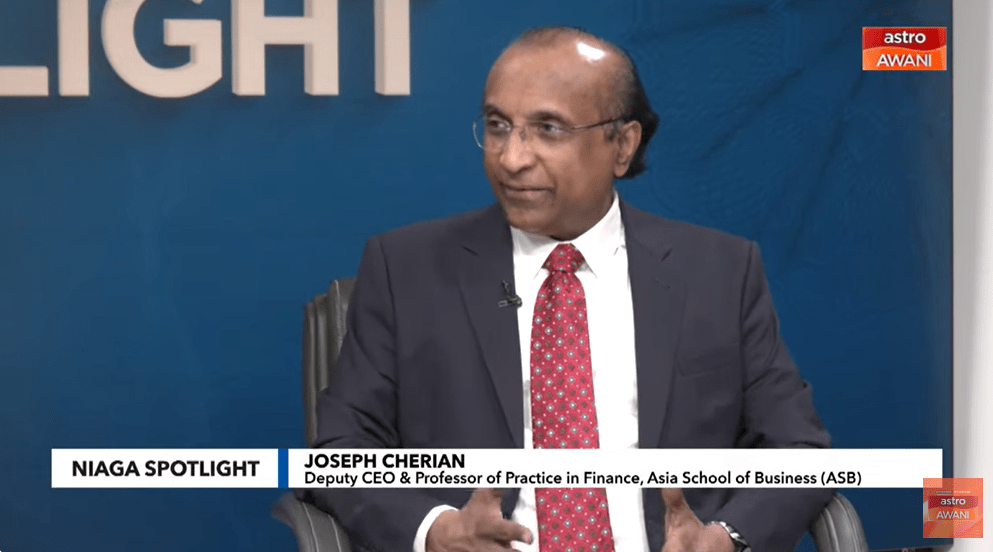
Watch here.
Originally published by Niaga Spotlight.

From economic uncertainty to the rapid rise of artificial intelligence, businesses face a variety of challenges today. But perhaps the most fundamental is the need to transition to a green economy.
Increasing regulation and growing consumer consciousness are just some of the factors ensuring that, more than ever, businesses must assume responsibility for their impact on the planet and society.
According to a recent Capgemini report, the proportion of top executives who feel there is a strong business case for sustainability tripled between 2022 and 2023. The same report found that the majority of executives planned to increase investment in sustainability over the next 18 months.
As companies endeavor to reduce their negative impact, supply chain—the mechanism by which organizations get their products into consumers’ hands—becomes increasingly fundamental to this transition.
What is a sustainable supply chain?
A sustainable supply chain refers to a process whereby every part of a product’s life cycle is accounted for: from procurement of raw materials to the point where the product must be repaired, reused, or recycled.
Also referred to as ‘closed loop supply chains’, they contribute to the establishment of a circular economy—a system of consumption based on products and materials that can be reused for as long as possible.
“Basically, you’re not just thinking about how a product will function for the consumer or a company, but also what happens to the product at the end of its life,” explains Dr Shardul Phadnis, associate professor of Operations and Supply Chain Management at the Asia School of Business (ASB).
Why are sustainable supply chains important?
Historically, there have been companies focused on operating within a sustainable business model which have taken steps to implement closed loop supply chains.
Outdoor clothing brand Patagonia, for example, began measuring and publishing the environmental impact of its clothing products back in the 1990s. The company also has a reverse distribution system allowing customers to return their products at end of life. However, companies like Patagonia have typically been the exception, rather than the rule.
“Traditionally, companies have not thought about it,” explains Dr Phadnis (pictured). “Instead it’s: ‘Okay, let’s make the product that consumers want, that is most appealing to them, and is most cost-efficient for us to produce’.”
However, heightened awareness of sustainability issues among businesses and consumers alike is bringing about change—even at an industry level.
Palm oil, a resource that from the 1990s onwards became integral in the production of a whole host of products ranging from lipstick to baby soap, developed a controversial image during the 2000s for industry practices that were detrimental to the environment, particularly deforestation.
However, since the industry came under scrutiny, palm oil firms have made efforts to change their ways. While the industry remains far from perfect, over the last decade palm oil deforestation has largely declined year-on-year, hitting record lows in 2021.
Another factor that’s helping drive a change in practices is the increasing move towards ESG (environmental, social, governance) regulation. Across the globe, there have been more than 1,200 new ESG regulations introduced since 2011.
Major initiatives—such as The EU Taxonomy, the Corporate Sustainability Reporting Directive (CSRD), and the UK’s Sustainability Disclosure Requirements (SDRs)—are forcing companies to provide increased transparency across all areas ranging from financial resources to hiring practices. Companies must also comply with regulations over their use of language in marketing material.
Compliance within this ever-increasing regulatory landscape means that making supply chains more sustainable—closing the loop—is therefore a key focus within business, particularly among larger companies, which face more public scrutiny.
How can businesses make their supply chains more sustainable?
Developing a sustainable supply chain is a large focus within teaching of supply chain management on the ASB MBA program. For Dr Asad Ata (pictured), associate professor of Operations and Supply Chain Management at ASB, it starts with tracing the very beginnings of a product.
“Traceability is the core factor to even begin having a sustainable supply chain,” he explains.
He recommends those in charge of implementing supply chain changes start by focusing on the source materials—asking who the producers are and what practices they use. Understanding how a product’s life cycle begins can provide the framework to then map out the entire chain. Depending on the length of the chain, this mapping process can be laborious requiring significant time and multiple team members.
Once complete, the next stage is to enact positive changes within the various stages of the product life cycle.
“This almost always requires you to change the incentives in the system,” explains Dr Phadnis. “You have to change the incentive to change the behaviour.”
For example, this could be through relaxing the specifications on materials to reduce waste, or providing longer time windows for suppliers to maximize efficiency. At the early stages of the process, educating stakeholders on sustainability may also be necessary.
“Often some of these supply chains go back to mother nature. Farmers, fishermen, people who work in mines, some of these people are extremely poor and for them sustainability is not at the top of the agenda,” Dr Phadnis adds.
Encouraging all stakeholders within the supply chain to take responsibility, and implementing a process allowing this to be traced and held accountable, is fundamental in successfully developing a sustainable supply chain.
“You’d rather not take a reactive approach but take a responsible approach,” says Dr Ata. “You go back and do your due diligence all the way up, and through the process you have a supply chain where everybody understands that sustainability is their responsibility.”
How can business schools help the transition to a circular economy?
With sustainability in supply chain proving fundamental in achieving a circular economy, business leaders of today must understand how to close the loop. For this reason, the subject is taught within core and elective modules on the ASB MBA program.
However, theory is not necessarily enough to allow graduates to successfully navigate the problems that an organization may face when trying to implement supply chain changes, explains Dr Phadnis.
“For us at Asia School of Business, this matters a lot. We focus on these skills and not only do we teach them, we also talk about action learning. Our students actually work with companies and get to experience these issues first-hand. So when they go into the workplace, they are trained on the job.”
When working with stakeholders and attempting to implement changes, business school graduates benefit from the soft skills they have developed such as communication and negotiation, as well as the responsible mindset they develop throughout the experience.
This mindset shift places graduates in a strong position to not only lead but also bring about positive change once they enter the workplace, feels Dr Ata.
“Good education will inculcate within you a sense of responsibility,” he says.
Originally published by BusinessBecause.
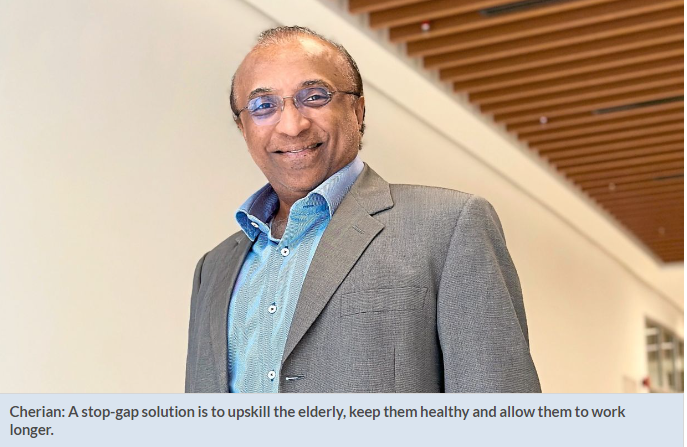
The world is getting older. With declining fertility rates, many countries in the world are faced with an ageing society and slowing population growth, and in some cases, shrinking demographics.
This trend, spurred by various factors such as lifestyle choices and education levels, is particularly prevalent in advanced as well as major economies in Asia.
Read the full article HERE.
Originally published by The Star Malaysia.
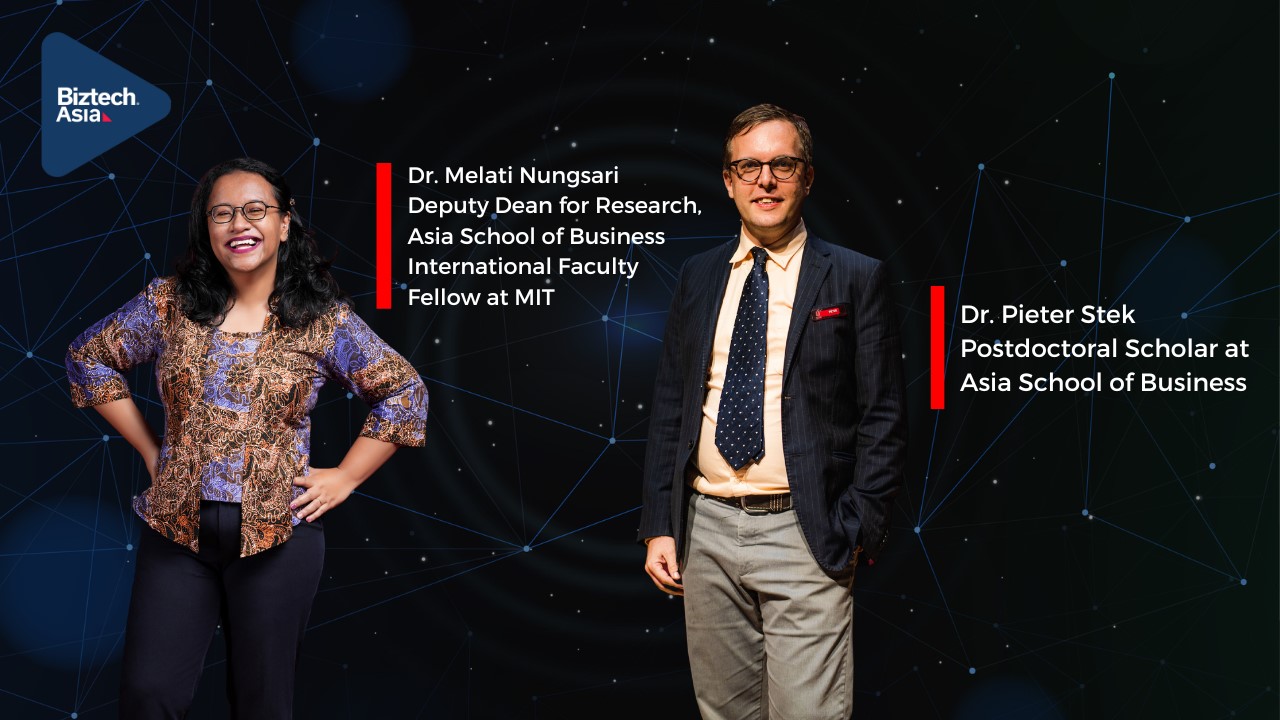
On this episode of Biztech’s ESG Conversations show, Dive into the insights from AsiaSchool of Business experts – Dr. Melati Nungsari Deputy Dean for Research, Asia School of Business , International Faculty Fellow at MIT and Dr. Pieter Stek Postdoctoral Scholar at Asia School of Business as they discuss the transformative power of ESG practices in ASEAN and Korea.
Key Takeaways :
- Diverse Regional Focus: ASEAN countries exhibit unique ESG priorities, spanning from data collection to green finance, reflecting the region’s diverse landscape.
- Global Influences: External factors, such as demand from global supply chains and regulations set by major economies like the EU and US, heavily shape ESG adoption in ASEAN.
- Sectoral Opportunities: Infrastructure and renewable energy sectors emerge as promising areas for ESG investment, with innovative financing models making projects more financially viable.
- SME Challenges: Small and medium-sized enterprises (SMEs) face hurdles in ESG compliance due to limited information, unclear incentives, and financing constraints, underscoring the need for streamlined support.
- Regulatory Role: Governments wield significant influence in advancing ESG agendas through regulations, incentives, and green procurement strategies, ensuring businesses align with sustainability objectives.
Watch here.
Originally published by Biztech Asia.

With environment, social and governance (ESG) issues emerging as important factors in today’s global economy and will determine trade access into developed nations and blocs, where do Asean states stand in this development?
As Asean region and ESG experts from the Asia School of Business (ASB), Dr Pieter E. Stek and Dr Melati Nungsari have both co-authored the ESG Practices in Asean and Korea: Pathways Towards Sustainability guidebook, which provides Asean countries and stakeholders relevant to the ESG landscape with a comprehensive overview of the policies that have been effective and ineffective.
The guide also introduces the different strategies and industrial sectors that each nation is focusing on. They both offered StarESG with some insight on how ESG is being pursued across Asean countries, particularly among the small- and medium-sized enterprises (SMEs).
As the Asean region adopts more ESG practices, how would this affect inter-regional trade, as these practices involve regulations and requirements?
The main drivers of ESG practices in emerging Asean countries are global supply chains, governments, more progressive business leaders, and a young(er) demographic group that pushes for and demands more sustainable consumption.
Although there is also growing ESG awareness among Asean consumers, this is to a lesser extent than in North America and Europe, that is, it is less bottom-up. Because a lot of intra-Asean trade already takes place as a part of global supply chains, and the traceability and reporting requirements are getting increasingly stringent, there are spillovers of ESG practices into the entire Asean production system.
Many producers, who may face higher ESG requirements for sales to North American and European customers, will often use this higher benchmark when designing their processes, even when they are selling to say, India, China or elsewhere in Asean, where buyers have lower requirements.
The question of the diffusion of ESG practices is one of speed (when will sectors or firms move to a higher ESG standards), but also of inclusion, as SMEs may not be able to meet the certification, documentation and traceability requirements that are demanded by customers and supply chains.
We will see more firms embracing good ESG practices, but may also see some being excluded from them due to high compliance costs. Asean nations are also particularly neighbour- or network-focused, so we expect that there would be a trickle through networks as more countries start adapting to ESG regulations and requirements across the region.
SMEs play a huge role in the Malaysian economy and no doubt in the Asean countries as well. However, this segment is slower in adopting ESG. Is this very concerning and will that change this year?
SMEs, by definition, have limited capacity to deal with various kinds of compliance and regulation. Therefore, they need some form of external support to help them implement ESG practices, be it from consultants, industry associations, financial institutions, or the government. The type of support needed depends on the industry/supply chain that they are in, with the export-oriented sectors being most affected.
The Malaysian government appears to be paying lip service to this problem, for example by announcing the National Industry Environmental, Social and Governance framework (i-ESG) and the New Industrial Master Plan 2030 (NIMP 2030), but these provide few details.
It’s also important to note that a number of our SME respondents in the study conducted between ASB and the Asean-Korea Center were unaware of the policies and benefits that were given by the government for them in order to ramp up ESG adoption, which is a fairly large issue for communications, but one that is easily fixable.
Are reasons for the slow ESG adoption by SMEs the same around the region and can a concerted effort by the Asean countries that combine both push and pull tactics, such as enforcing regulations while availing green financing and knowledge-driven approaches, work as persuasion?
Businesses always respond to regulation and incentives, and SMEs are no exception. Consistent enforcement of regulations is also an area of concern in most Asean countries. Overall, SMEs in more developed and export-oriented Asean markets such as Singapore and Malaysia are probably more aware of ESG concerns.
For example, many manufacturing firms that have already implemented quality and food safety standards tend to view ESG standards as an additional layer of compliance which they will move towards once they sense that the market demands it.
Because Malaysia is very lightly regulated in terms of ESG, SMEs have very few incentives to proactively adopt ESG standards. Even if they wish to, they may be unable to justify the higher costs.
However, if the incentives are there, Malaysian SMEs will take advantage of them. We see this now with rooftop solar: for many SMEs it has become a no-brainer, as it lowers their energy costs and it can be easily financed by their bank, who understands the risks and financials of the technology. The government can play a role to accelerate these processes in other areas of ESG as well by providing incentives and eventually, imposing taxes.
The guidebook highlighted South Korea’s best practices in ESG, such as the K-ETS and commitments to the Renewable Energy 100 initiatives. How can other Asean countries learn from and implement similar initiatives to advance their ESG goals?
The best practices mentioned are all driven or facilitated by South Korean government policies. Asean countries can take similar steps that fit with their particular circumstances. With regards to carbon trading, South Korea will become an importer of carbon credits, while many Asean countries also have significant potential to export credits, due to their large forest cover.
Renewable energy is especially attractive to countries that are nett-energy importers. So while Asean countries should not copy South Korea, the government must step in and create the rules needed to facilitate the energy transition.
With regards to the Partnership for Carbon Accounting Financials (PCAF) in South Korea that was mentioned in the guidebook, how can other Asean financial institutions follow suit to assess and disclose greenhouse gas emissions in their loans and investments?
Several Asean central banks, including Bank Negara Malaysia, already have greenhouse gas disclosure requirements. In Malaysia this system is currently principle-based, which means that there are some general guidelines about how this disclosure must be done.
It is a process that is constantly being reviewed by the Task Force on Climate-Related Financial Disclosures (TCFD), as this is still a very new field – not just in Malaysia, but globally. PCAF is another initiative to figure out how banks can do their carbon disclosures, which has members in Korea, but also in other Asian countries like China, Mongolia and Nepal, although it originated from The Netherlands.
If PCAF emerges as the de facto global standard for carbon disclosures, it will probably be adopted by banks in Asean as well.
- Dr Pieter E. Stek is a research centre postdoctoral scholar at ASB involved in managing the ESG Investment in Asean project funded by the Asean-Korea Center. He also is chief analyst in higher education ranking and rating agency ApplieHE and managing editor of Quality & Quantity: International Journal of Methodology at Springer Nature, the Netherlands.
- Dr Melati Nungsari is an Economics associate professor at ASB and an MIT Sloan School of Management research affiliate.
Originally published by The Star.

This article first appeared in Digital Edge, The Edge Malaysia Weekly on January 22, 2024 – January 28, 2024
There have been renewed calls for improved artificial intelligence (AI) governance and legislative oversight to address the ethical application of the technology including limiting bias. Countries like China, the US and those in the European Union have come up with AI regulatory frameworks. In the latest series of initiatives to shape the development of AI, the US, UK and several other countries including Singapore, Australia, Germany and Chile signed on to a new framework in November 2023 to create AI systems that are “secure by design”.
In Malaysia, the Ministry of Science, Technology and Innovation is developing a code of ethics and governance — to be ready by this year — that would form the basis of AI regulation for the country. The government has outlined the principles of responsible AI in the Malaysia AI Roadmap 2021–2025. These include fairness; reliability; safety and control; privacy and security; inclusiveness; the pursuit of human benefits and happiness; accountability; and transparency.
Those familiar with AI governance say the overriding goal should be protecting the stakeholders, beginning with consumers and individuals. Asia School of Business CEO, president and dean Sanjay Sarma says issues such as customer privacy, liability, and safety and security need to be addressed.
“A second stakeholder category is creators. We are well and truly into the creator economy through platforms such as YouTube and TikTok. Perhaps we need ways for AI to acknowledge where its generative capacity is sourced from,” he says, acknowledging that though this may prove difficult, at the very least creators should be able to mark their work with a “do not mine” request that reputable AI engines will have to respect.
Read the full article HERE.
Originally published by The Edge.

There have been calls for Malaysia to work harder to be a green investment hub, even more so as we face strong competition from our ASEAN neighbours. One way is the reformation of the power sector to accommodate the potential export of renewable energy. We speak to Dr Renato Lima de Oliveira, Senior Fellow at Institute of Democracy and Economic Affairs (IDEAS) to understand what direction Malaysia needs to take as it pivots towards becoming a leader in sustainable development on a global scale.
Listen to the full interview below.
Originally published by BFM.
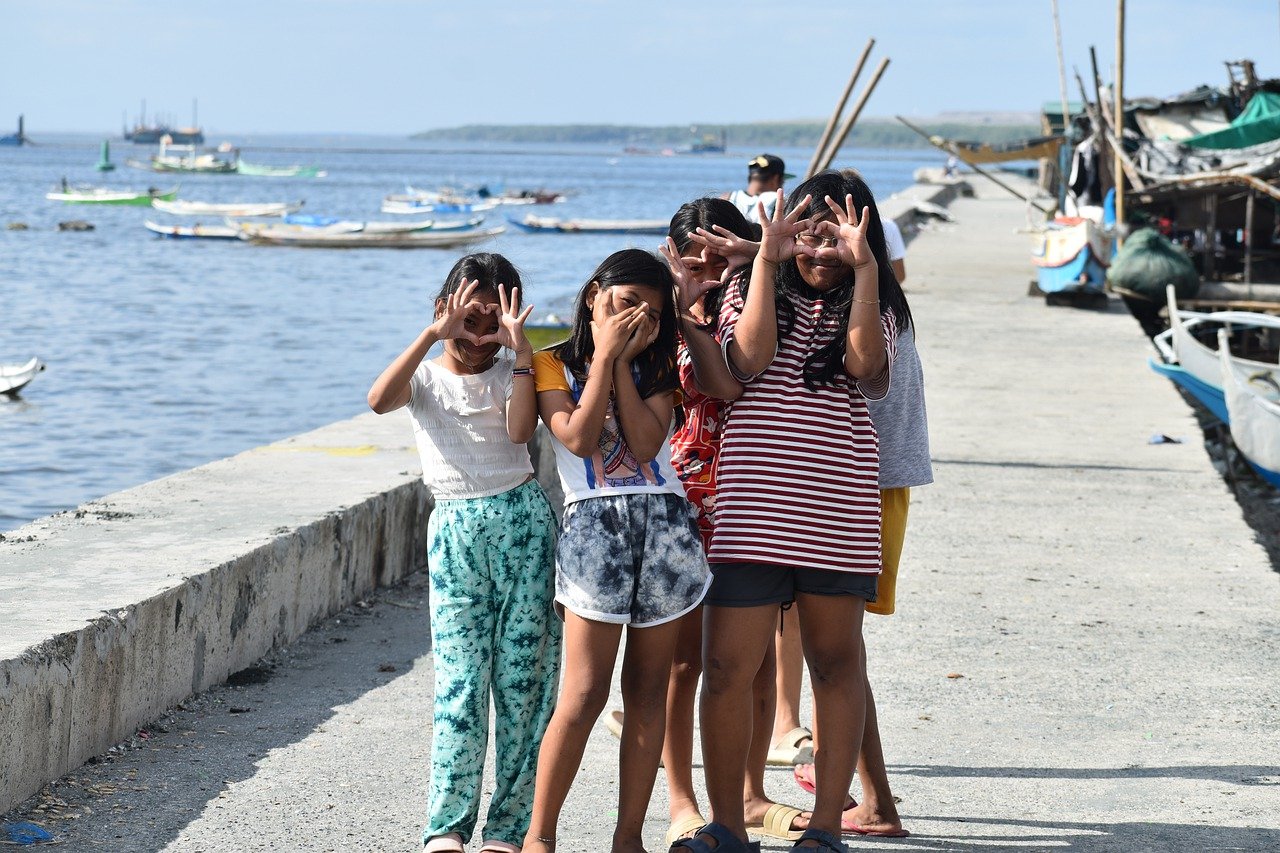
Setiap negara bergantung kepada perlindungan undang-undang tempatan serta antarabangsa untuk memelihara kedaulatan, sekali gus berusaha memelihara sempadan daripada dicerobohi dan mengawal kegiatan dalam wilayah kedaulatannya. Langkah penting diambil termasuk membabitkan pendaftaran individu berada dalam sempadannya. Ini bukan sahaja menjadi tanda kuasa dan kedaulatan, bahkan membolehkan sumber ekonomi terhad diagihkan mengikut tatatingkat hak individu mendiami di sesebuah kawasan.
Read the full article HERE.
Originally published by Berita Harian.
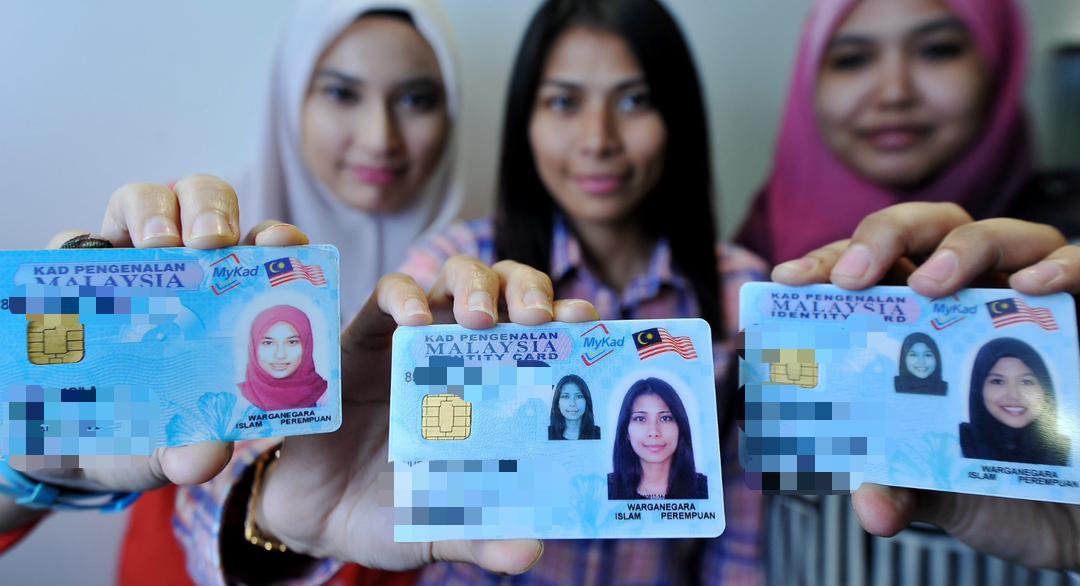
Setiap negara bergantung kepada perlindungan undang-undang domestik serta antarabangsa untuk memelihara kedaulatan. Sesebuah negara yang berdaulat bukan sahaja akan berusaha untuk memelihara sempadan daripada dicerobohi pihak luar tetapi juga akan mengambil langkah untuk mengawal kegiatan yang berjalan dalam sempadannya. Langkah yang penting bagi sesebuah negara berdaulat adalah untuk mengambil keputusan mengenai pendaftaran individu yang berada dalam sempadan.
Read the full article HERE.
Originally published by Utusan Malaysia.





